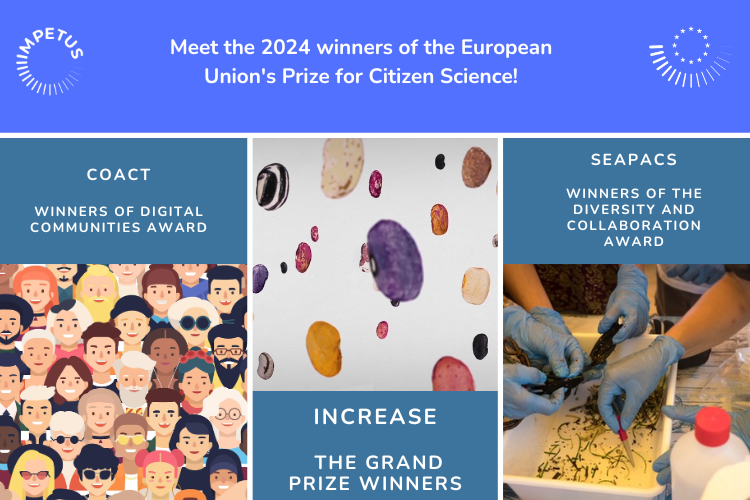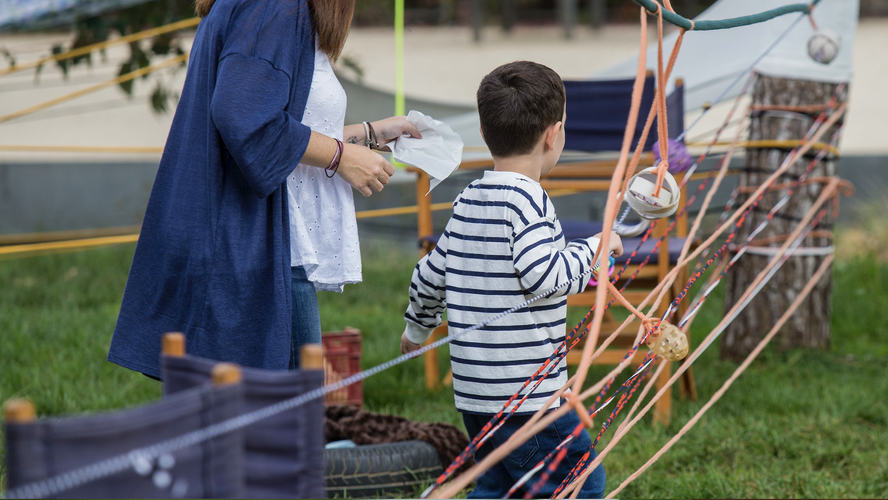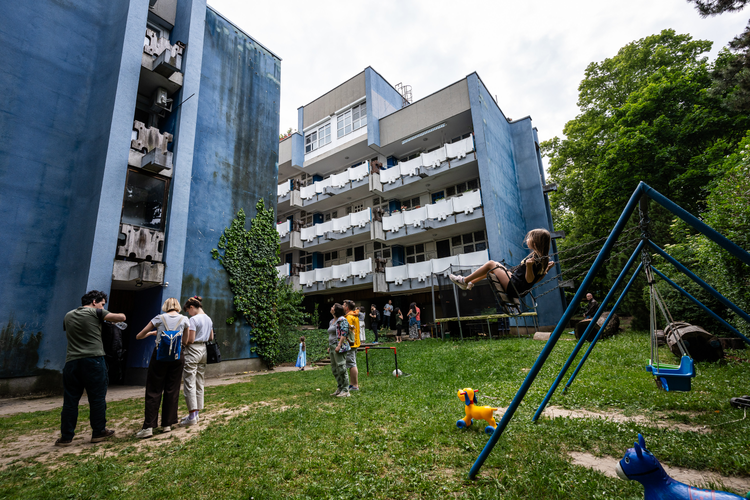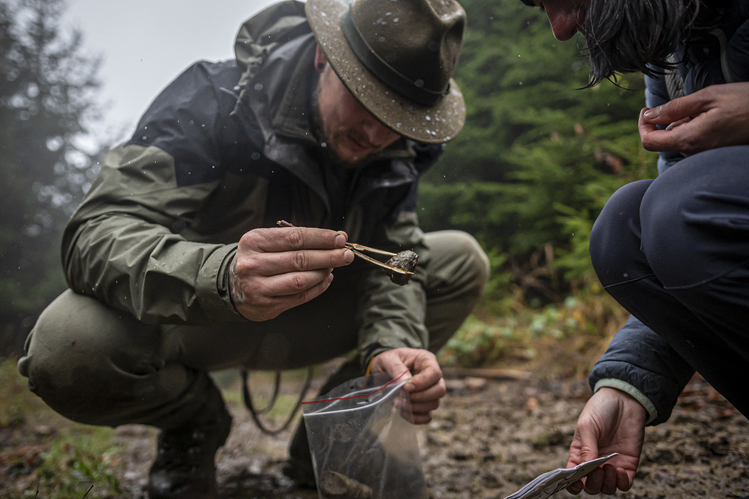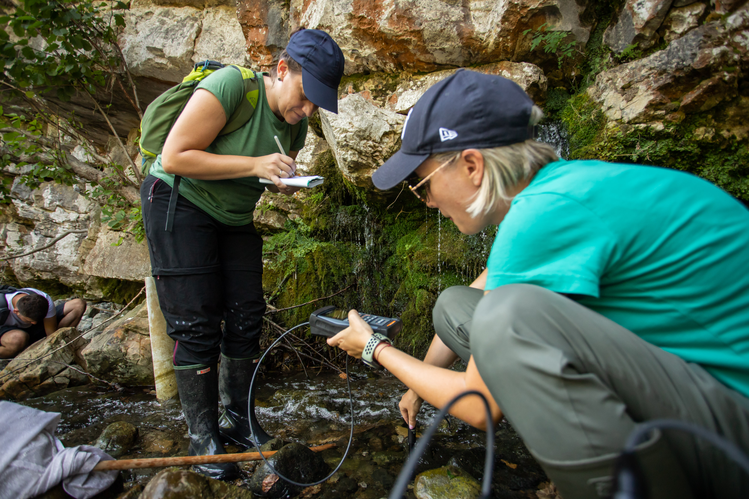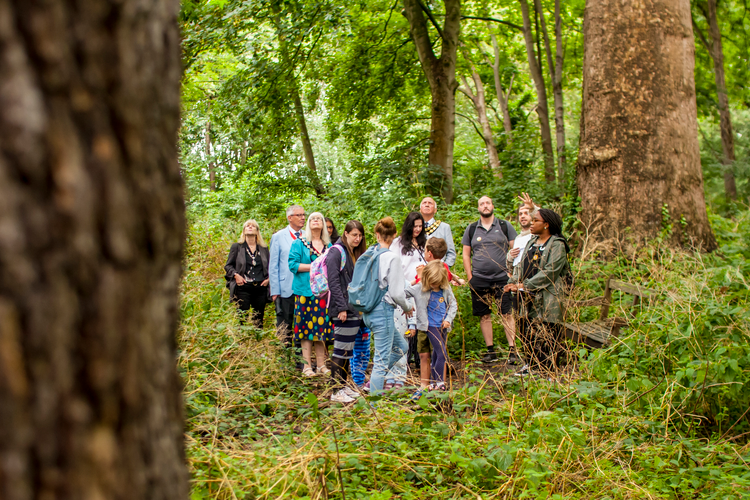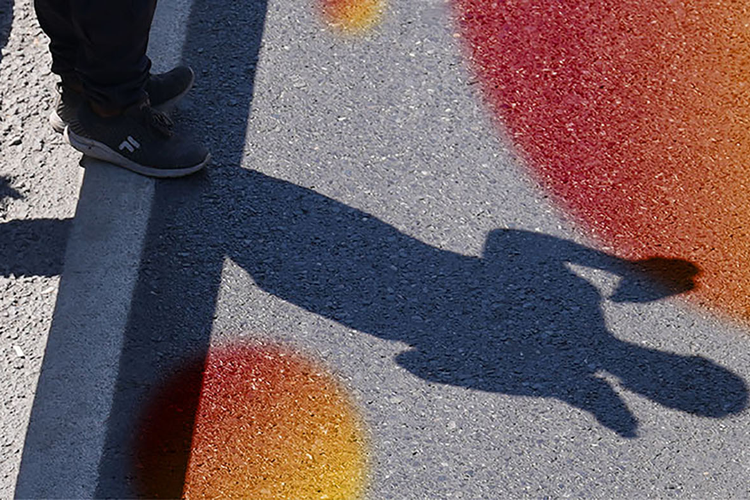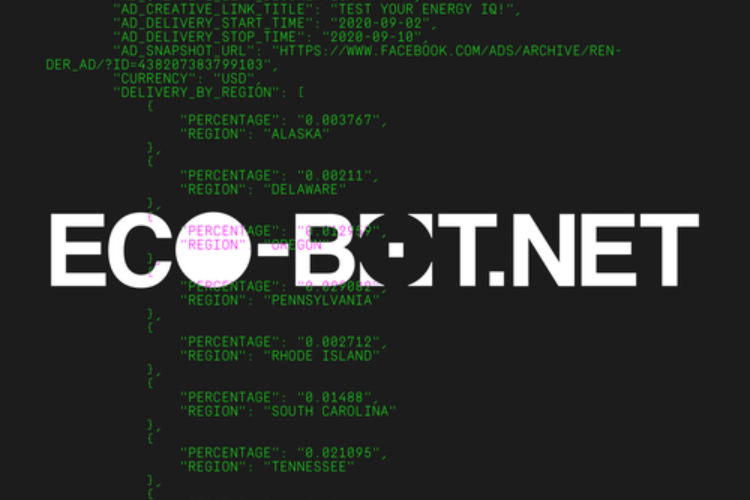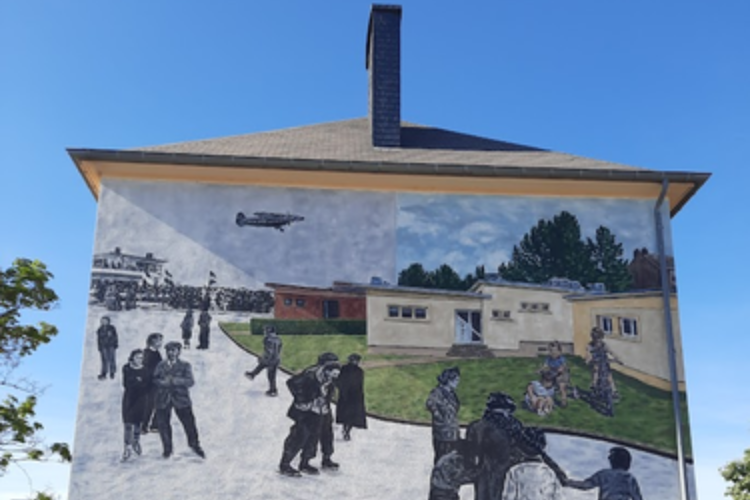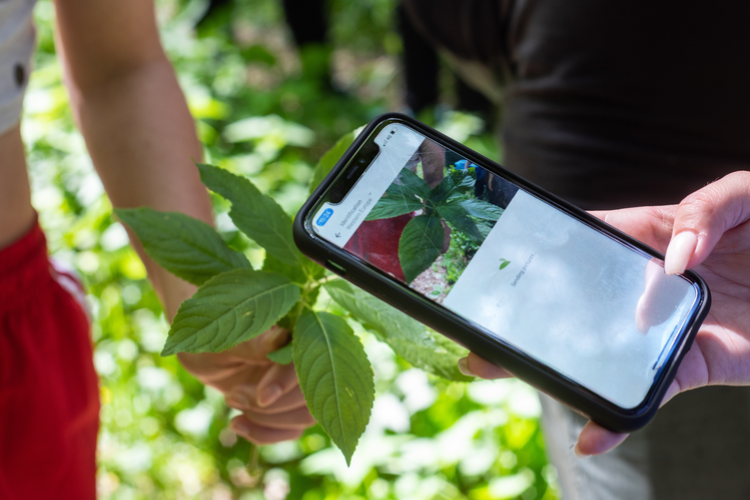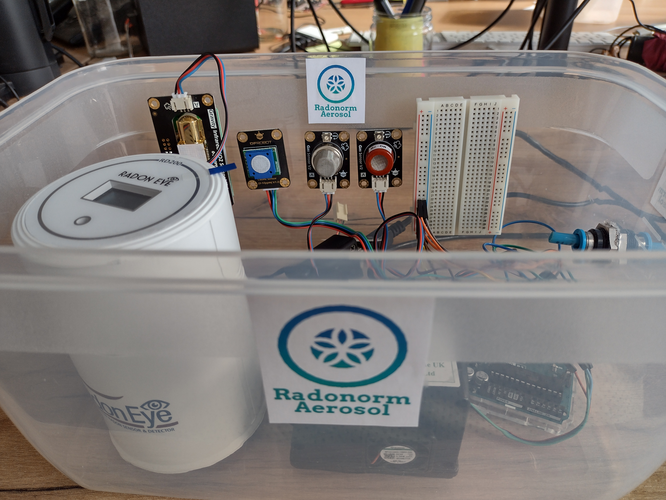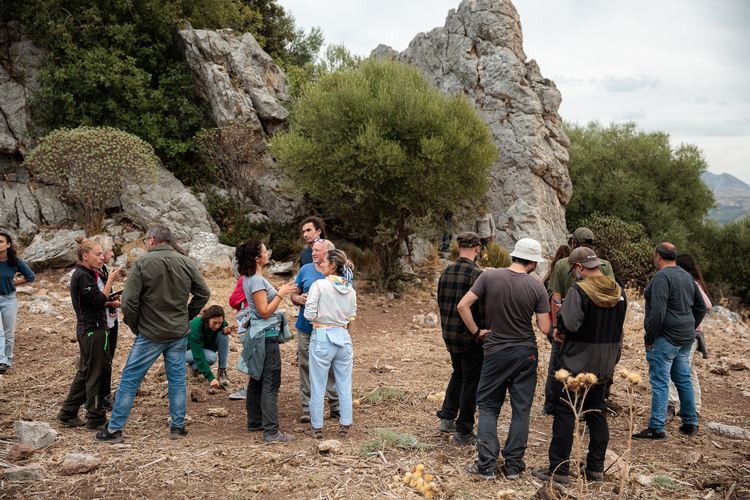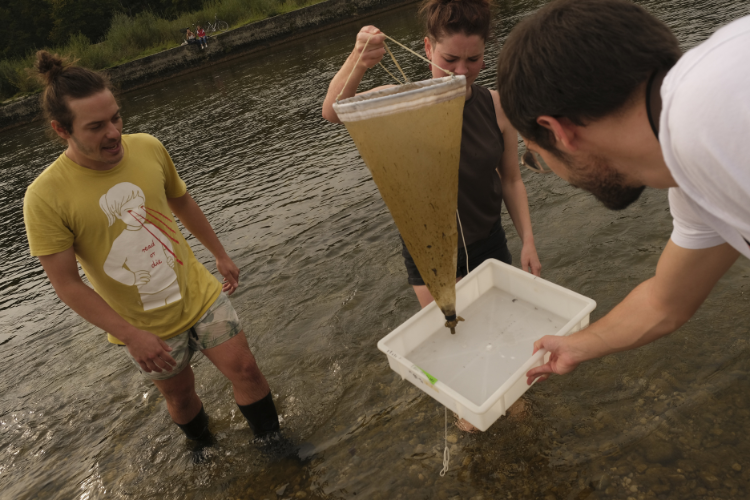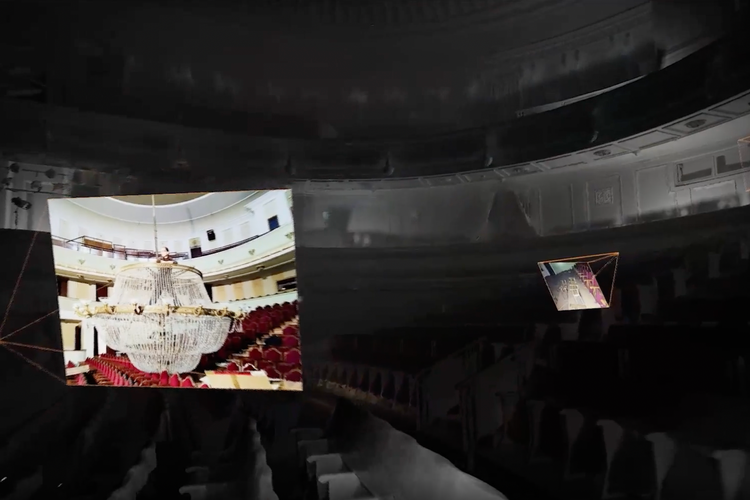We are thrilled to unveil the 2024 European Union Prize for Citizen Science winners. In our second prize call, held from January to March 2024, we received over 280 submissions across Europe, underscoring the remarkable depth and breadth of citizen science initiatives currently being done. Our gratitude goes out to everyone who submitted their project.
Yet, out of these 288 exceptional projects, only 30 could be chosen to receive either one of our three cash prizes (€60,000 to our Grand Prize Winners and €20,000 to the winners of the Digital Community and Diversity and Collaboration Awards) or the 27 honourable mentions. We certainly do not envy the challenging task faced by our 2024 prize jury. However, after meticulous deliberation, we are excited to reveal the results.
The prize winners were officially announced at a joint press conference on the 12th of June, organised by IMPETUS, Ars Electronica, and the European Research Executive Agency.
If you missed the event, you can watch it here.
Grand Prize Winner:
INCREASE: Intelligent Collections of Food-Legume Genetic Resources for European Agrofood Systems INCREASE Citizen Science Experiment (CSE)
Kerstin Neumann (DE), Roberto Papa (IT)
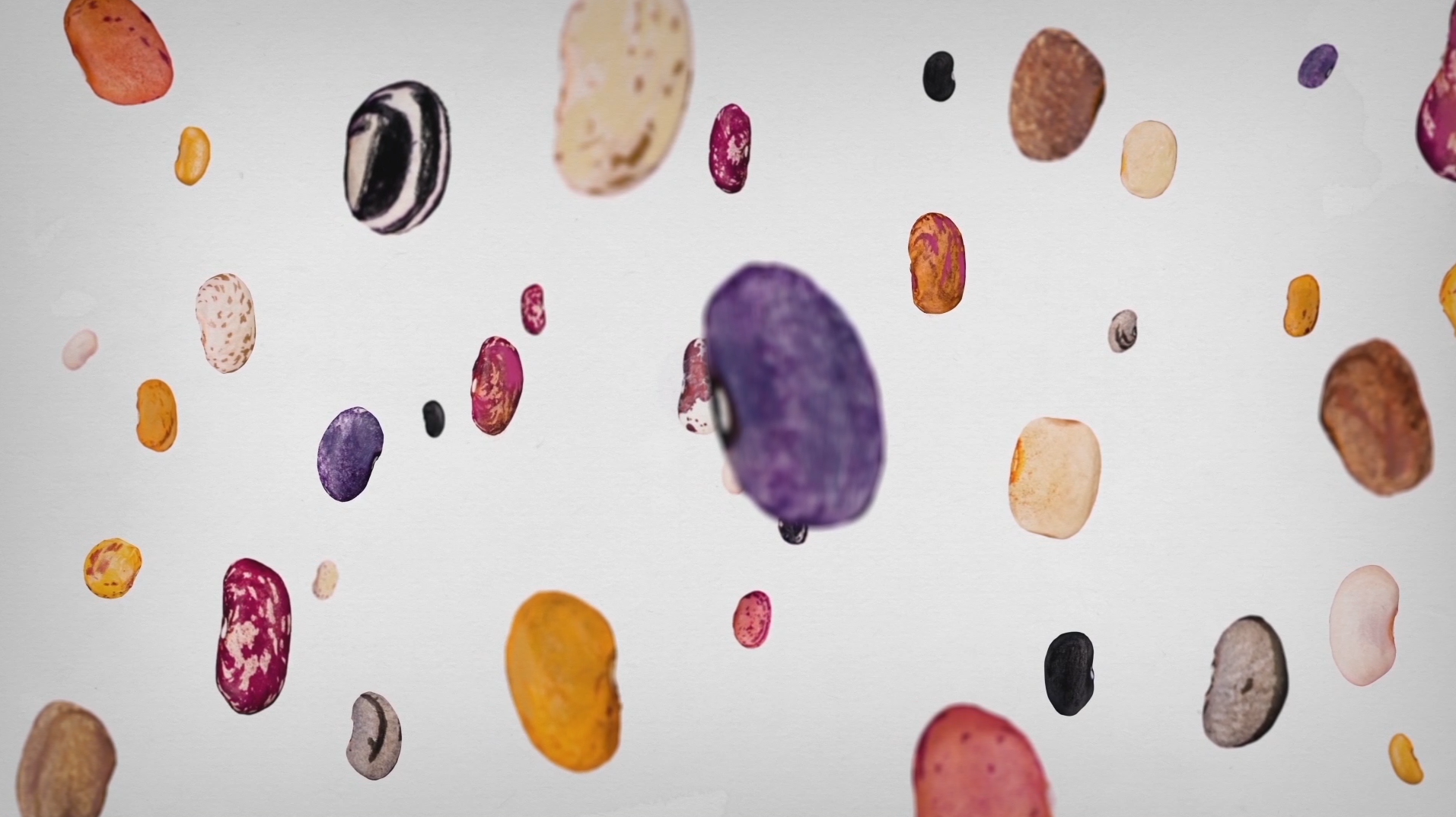
INCREASE developed a specific Citizen Science Experiment (CSE) testing and setting up an innovative concept of plant genetic resources (PGR) “decentralized conservation” that will facilitate PGR use and enhance agrobiodiversity. CSE is raising citizen awareness on the topics related to agrobiodiversity and food legumes and creates a strong bridge between gene banks, citizens, and other stakeholders. Each citizen receives seeds of a random set of five (among more than 1,000) diverse common bean local varieties plus a common commercial variety as control and will also document their growth and plant traits using the dedicated App.
This will enable full traceability and the possibility of seed exchange between citizens based on Digital Object Identifiers (DOIs) and the obligatory Standard Material Transfer Agreement (SMTA). This allows the compliance of international regulations for testing this innovative decentralised conservation approach.

Read the Jury Statement about the INCREASE project
The Grand Prize winner this year is the INCREASE project. Its main goals include generating phenotypic data for over 1,000 bean plant genetic resources (PGR) lines in different European environments where citizen scientists help decentralized conservation and enhance agrobiodiversity. This project demonstrates outstanding work on genetic diversity and adaptation within common bean cultivars by integrating DNA sequencing with the analysis of phenotypic data.
With its strong scientific foundation, this project exemplifies excellence in research that embraces Citizen Science. To achieve its goals, it will engage many citizens through a dedicated application for data collection and seed exchange—5,000 participants of different backgrounds, ages, and genders all across Europe are participating in the 2024 campaign.
The INCREASE project raises awareness of agrobiodiversity and nutrition. It educates participants and policymakers on sustainable agri-food production and consumption. Legumes play a crucial role in issues such as soil health and climate resilience in the face of food security and scarcity concerns.
The project has implemented a participatory research model with various levels of engagement tailored to accommodate participants’ diverse levels of expertise. This approach enables feedback collection, support provision, and information dissemination to ensure sustainable citizen engagement. The inclusion of artificial intelligence for image analysis and the implementation of the Standard Material Transfer Agreement (SMTA) allows the compliance of international regulations for testing this innovative decentralized conservation approach. Its extensive cooperation across countries, the involvement of citizens from different regions, and engagement with regional platforms emphasize its European dimension and importance. Looking ahead, the jury expects this award to support the further development and innovation of the project, which subscribes to the ethos of empowering communities through decentralized seed storage, enabling them to regain control of their agricultural heritage. By democratizing access to seeds and knowledge, INCREASE challenges the dominance of large agrochemical corporations and promotes agricultural resilience, sustainability, and food sovereignty.
Finally, the project’s collaboration between citizens and major research centers is outstanding, and it exemplifies how top-tier centers are opening up their research processes for scientific excellence and social inclusion. In particular, members from local rural communities, including farmers who usually perceive themselves as outside the formal research process, contribute in a direct, meaningful and accessible way. Their traditional knowledge, passed down through generations, is a valuable agricultural research and development resource.
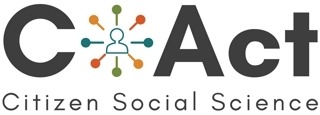
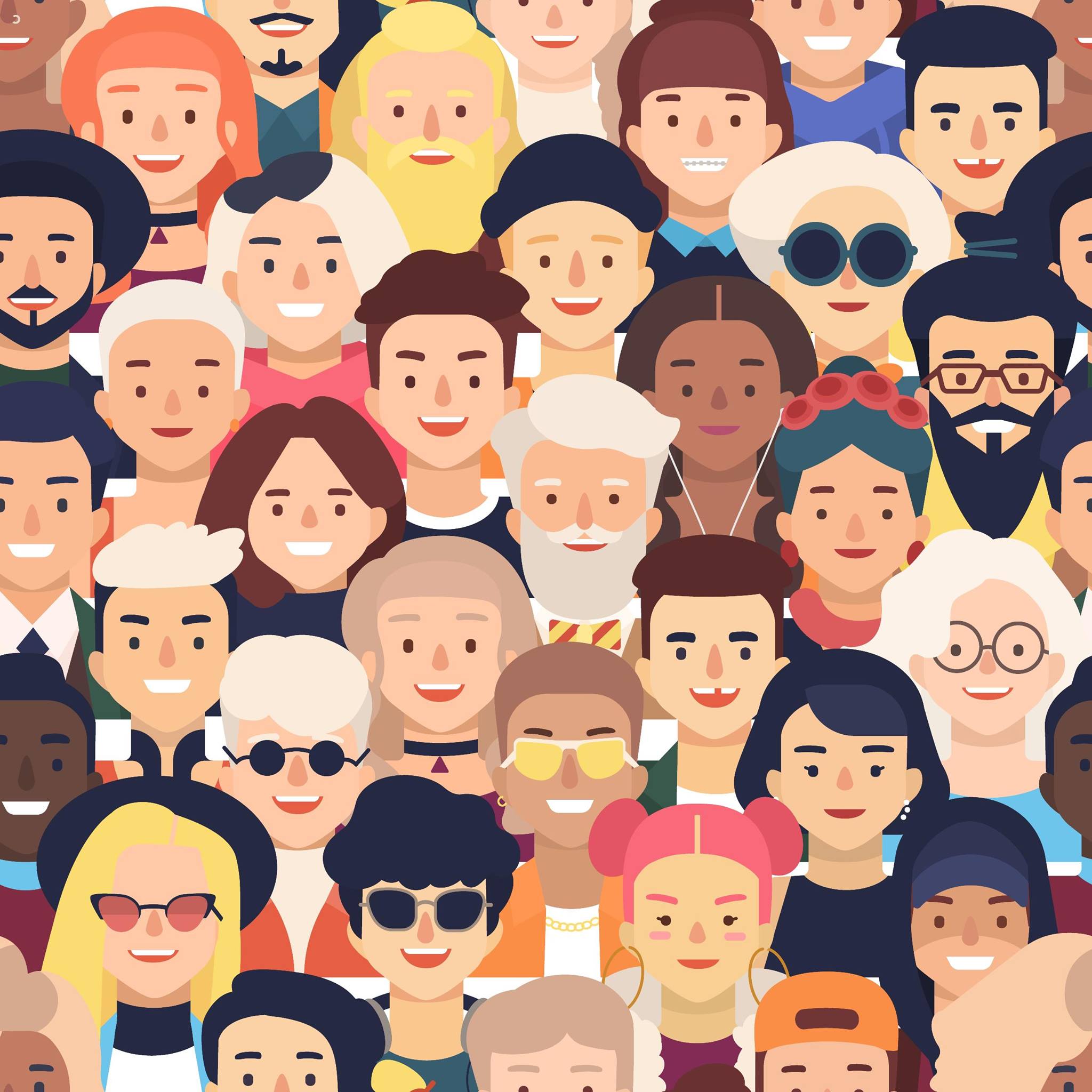
CoAct for Mental Health is a citizen science project where people experiencing mental health problems and their families are placed at the centre. As Co-Researchers, they are involved in all research steps.
CoAct investigates the social support networks in mental health, which include social interactions with close family, friends, workmates, neighbours, etc. In regard to mental health issues, these networks facilitate recovery processes, improve the quality of life and act against social exclusion. However, evidence on how to harness their full potential is still lacking.
At the core of the project are the Co-Researchers personal, lived experiences related to social support networks. These lived experiences are shared through a chatbot, that invites all citizens to actively participate in the research. The chatbot data have been collectively interpreted with the Co-Researchers and transformed into 14 policy recommendations, published in the form of European and local policy briefs.
Read the Jury Statement about the CoAct for Mental Health project
CoAct for mental health stood out to us as an excellent example of citizen social science, involving patients with lived experience of mental health issues, and their families, as co-researchers and co-producers of evidence on their experiences of social support networks in their communities. The project developed an open-source chatbot as a tool for autoethnography, demonstrating great innovation and creativity in using digital technology to support and foster inclusive community building.
These citizen researchers contributed their daily micro-stories to create a body of evidence that aims to shift the paradigm for mental health care away from a biomedical approach towards personalized medicine and a community-centered approach, showing that social support networks can be deployed in mental health care for recovery, well-being, crisis management, and to prevent isolation and exclusion. A small and dedicated core group of 32 citizen scientists participated throughout the entire life cycle of this co-creation project, from inception to data analysis and interpretation, and even participating in presenting the resultant policy recommendations, while a further 900 citizens used the chatbot to engage with the research.
This project allows citizens to play an active role in research that directly impacts their lives and harnesses the power of technology to include marginalized voices as active participants in the transformation of mental health care. Technology in this case facilitates the participation of citizens in developing a personalized approach to healthcare and medicine.
Overall the CoAct project fosters an open and inclusive civil society by empowering their community to critically engage with digital technologies—a worthy winner of the 2024 Digital Communities award.
Diversity & Collaboration Award:
SeaPaCS-Participatory Citizen Science
against Marine Pollution
Chiara Certoma‘ (IT)
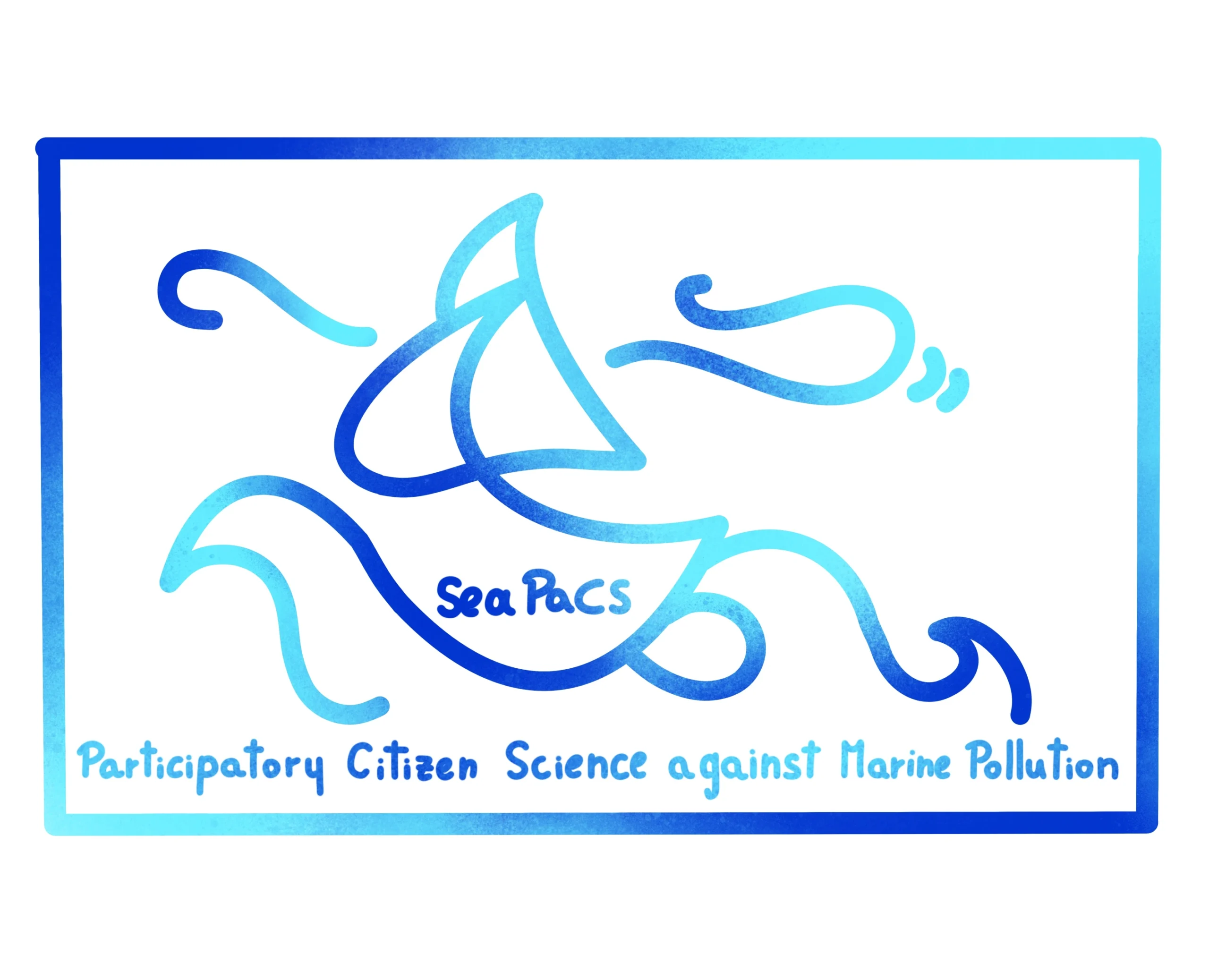
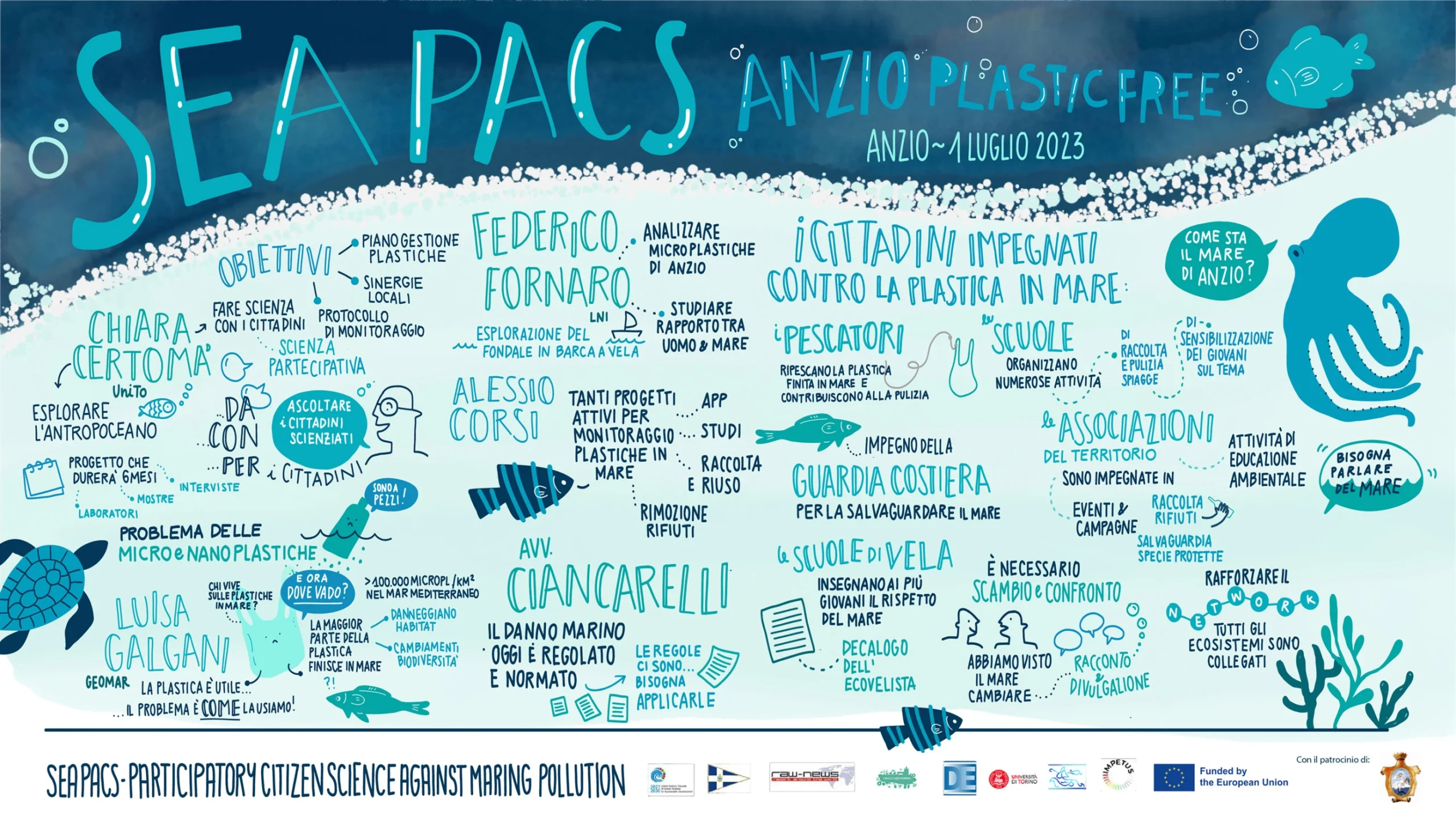
SeaPaCS explored the consequences of marine plastic pollution on local biodiversity via a participatory citizen science process for the first time in the coastal city of Anzio. It engaged multiple citizen groups, including fishermen cooperatives (including North-African migrants), students and teachers, associations, sailors and divers, scientists, video makers and photographers.
Through ‘collaboratorium’ meetings, training sessions, and co-production of tools for collective sea-going expeditions in the coastal waters (for samples collection and plastisphere DNA analysis, underwater documentation of new ecological niches, interviews and visual documentation), and awareness-raising activities (e.g. video and photo exhibitions, media coverage, redaction of a follow-up plan), triggered local sustainability-oriented action. Collaboration between scientists and citizens produced transformative knowledge that filled the existing cognitive and emotional gap between society and the sea.
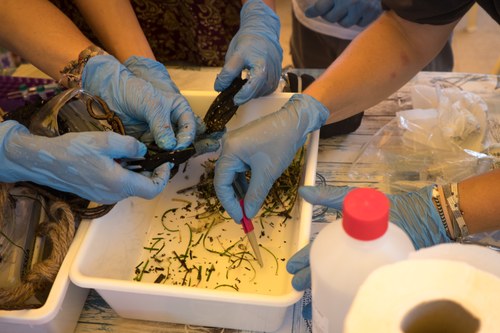
Read the Jury Statement about the SeaPaCS project
SeaPaCS explores the consequences of marine plastic pollution on local biodiversity via a participatory Citizen Science process in the coastal city of Anzio, Italy. It engages more than 250 fishermen, North African migrants, school children, teachers, environmental NGOs, marine lawyers, sailors, and divers in co-producing knowledge about the health of the Mediterranean Sea, contributing to scientific fields like oceanography, cultural geography, and marine chemistry. In doing so, the project demonstrates excellence in engaging a diverse range of stakeholders and innovating transdisciplinary collaboration models between them, pushing the boundaries between civil society, citizens, and science.
SeaPaCS is especially exemplary for centering a community-led grassroots approach and for its attention to overcoming extractive tendencies in Citizen Science (citizens as “sensors”), by involving citizens beyond plastic sampling and data collection in activities such as plastisphere DNA analysis, documenting underwater ecological niches, creating photo and video exhibitions, testing DIY microplastic trawling instruments, and building marine plastic recycling stations. SeaPaCS hereby demonstrates how we can involve citizens not just in mapping problems but also in taking collective action towards restoring biodiversity and ecological resilience in European oceans, with attention to social inclusion and cultural diversity. For these reasons, we honour SeaPaCs with the Diversity & Collaboration Award.
Honourable Mentions:
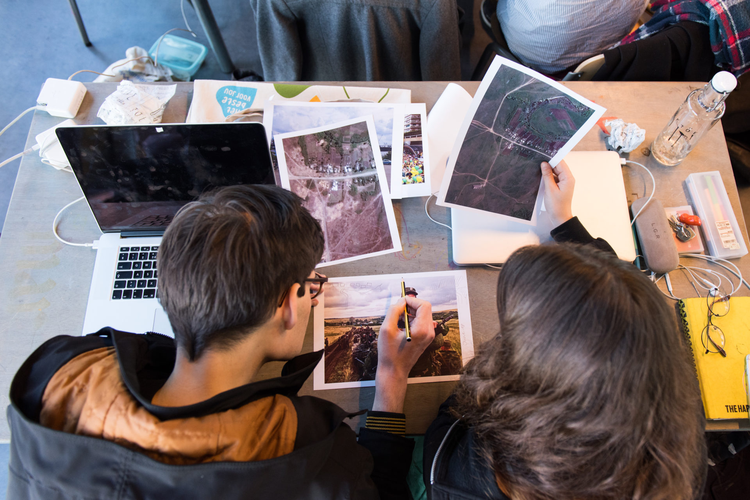
Bellingcat: A Collective Of Citizen Journalists Using Open Source Data To Investigate Matters Of Public Interest
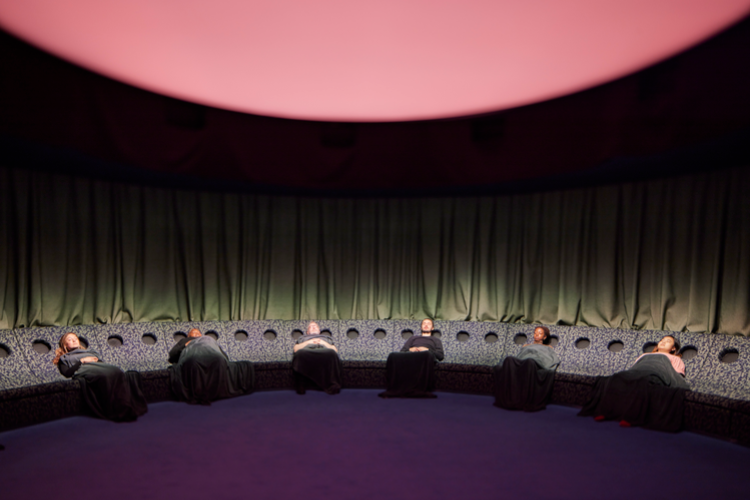
Dreamachine: A major interdisciplinary programme fusing world-class artists with leading scientific researchers.
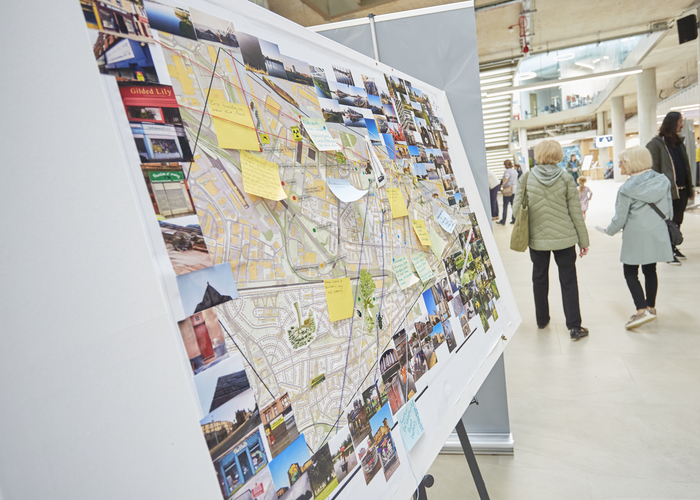
GALLANT: Empowering Glasgow Communities for Climate Resilience and Biodiversity Conservation
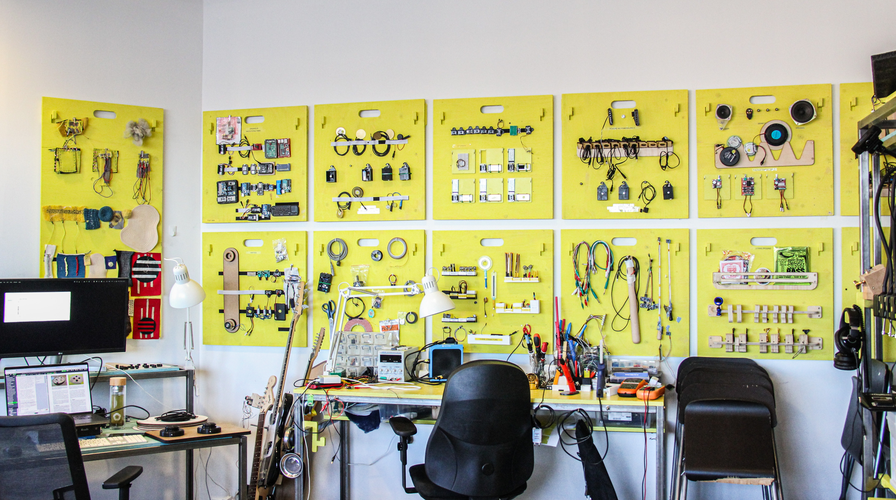
Intelligent Instruments in Citizen Science: Understanding Contemporary AI through Creative Practice
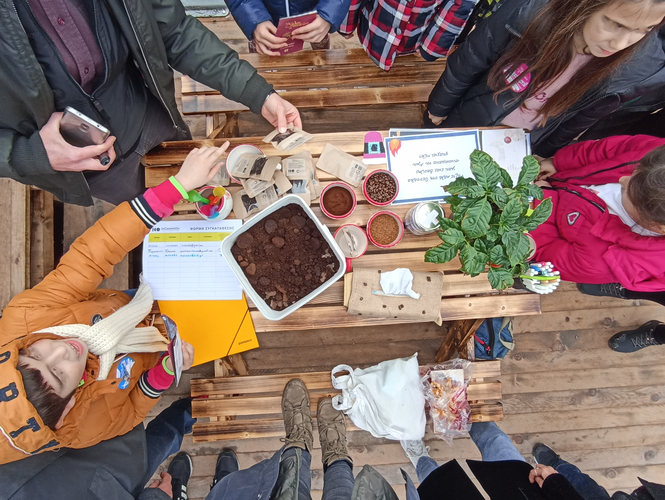
kafsimo@karditsa, Activating citizens through biomass recycling into heating pellets
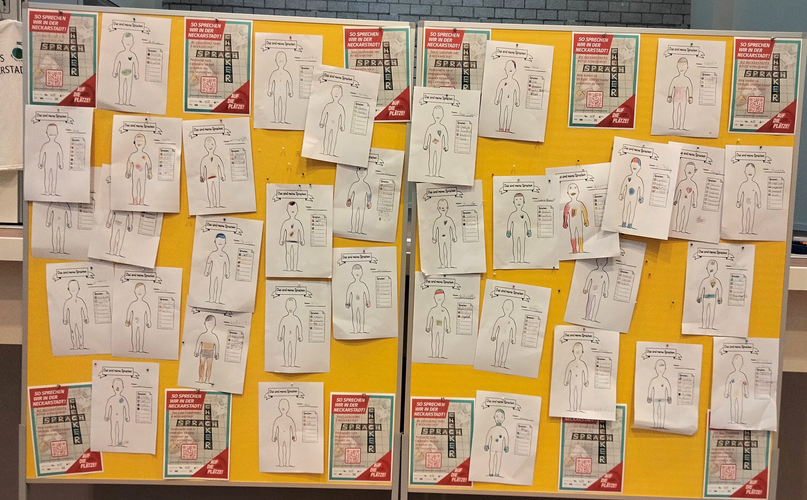
Language Checkers – This is how we speak in Neckarstadt: Die Sprach-Checker – So sprechen wir in der Neckarstadt
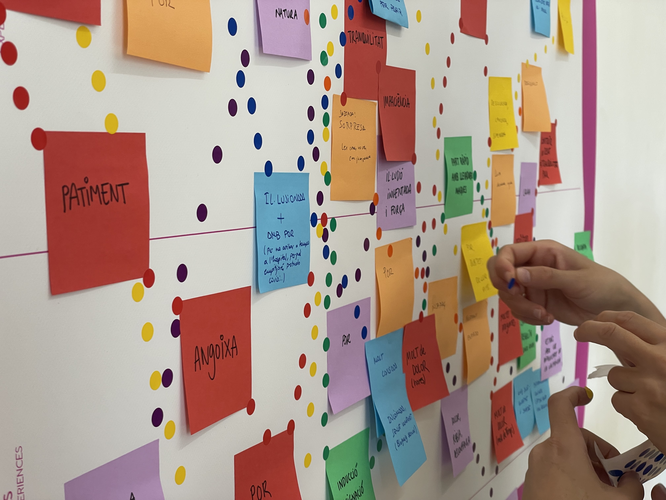
Obstetric Coevolution: Coevolving obstetric practices to improve the childbirth experience
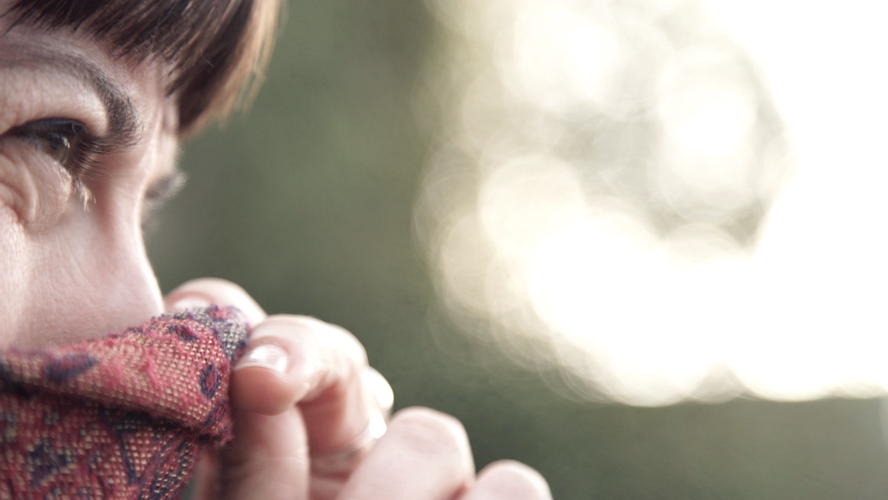
OdourCollect and D-NOSES: Citizen Science to foster environmental governance and tackle odour pollution
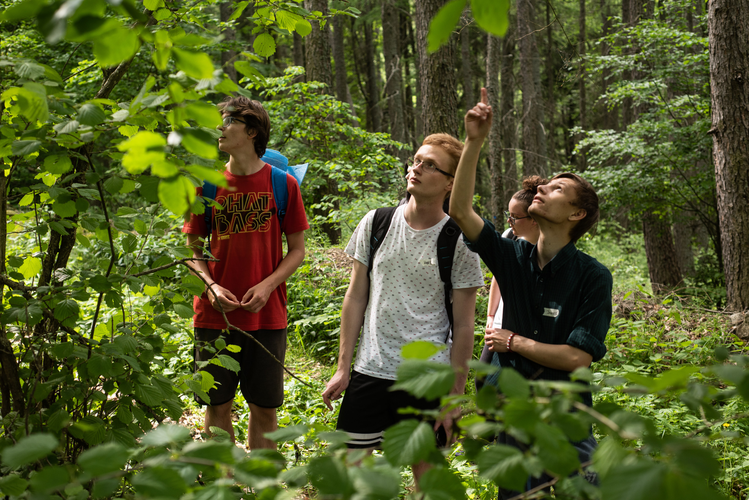
ParKli: Participatory climate research to develop local early warning systems for climate protection
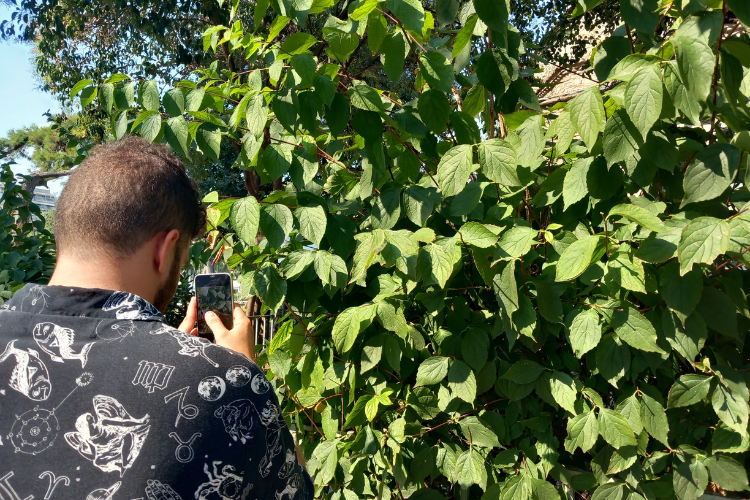
Social inclusion and participation of Deaf and Hard of Hearing adults in Citizen Science for Climate Change (CitSci4All)
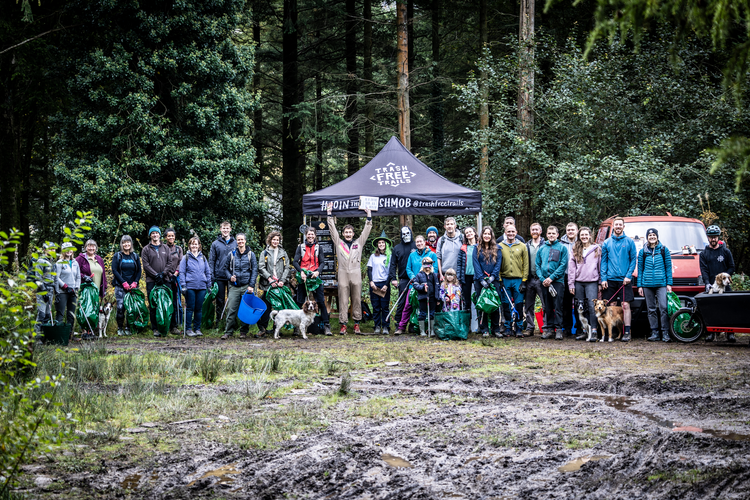
The State of Our Trails (SoOT) Report: understanding and responding to single-use pollution (SUP) in recreational trail ecosystems through citizen science

Youth partnership in suicide prevention research: fostering authenticity, collaboration and empowerment.
Warmest congratulations to our three esteemed prize winners and the 27 remarkable projects deserving honourable mentions. We eagerly anticipate showcasing your inspiring endeavours at the 2024 Ars Electronica festival in Linz, taking place from September 4th to 8th.
Furthermore, we extend heartfelt gratitude to all participants who submitted their projects. And remember, there’s always next year! A special thanks also goes out to this year’s prize jury; you can delve deeper into their profiles by clicking here.

